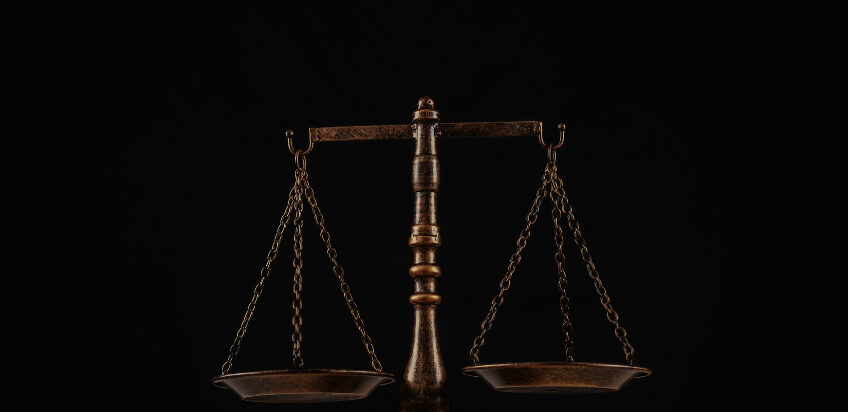When a loved one passes away, managing their estate can be a daunting task, especially when dealing with the legal process of probate. In New Jersey, probate is the court-supervised procedure for validating a will, paying debts, and distributing assets to beneficiaries. Understanding the basics of probate laws in New Jersey can help you navigate this process with greater confidence and ease.
What is Probate?
Probate is the legal process through which a deceased person’s will is reviewed and validated by the court. If the deceased (referred to as the decedent) left a will, the probate process ensures that the will is genuine and that the decedent’s wishes are carried out. If there is no will, the estate is distributed according to New Jersey’s intestacy laws.
Who Oversees the Probate Process?
The probate process in New Jersey is overseen by the Surrogate’s Court in the county where the decedent resided at the time of their death. The court appoints an executor (if there is a will) or an administrator (if there is no will) to manage the estate. The executor is usually named in the will, while the administrator is typically a close family member appointed by the court.
Steps in the Probate Process
The probate process involves several key steps:
- Filing the Will: The first step is to file the will and a petition for probate with the Surrogate’s Court. This must be done within ten days of the decedent’s death. The court will review the will and, if valid, issue letters testamentary to the executor, giving them the authority to manage the estate.
- Notification of Heirs and Creditors: The executor must notify all heirs and creditors of the decedent’s death and the probate proceedings. This is typically done by mailing notices to known parties and publishing a notice in a local newspaper.
- Inventory and Appraisal: The executor is responsible for taking an inventory of the decedent’s assets, including real estate, bank accounts, investments, and personal property. Some assets may need to be appraised to determine their value.
- Paying Debts and Taxes: The executor must pay any outstanding debts and taxes owed by the estate. This includes funeral expenses, medical bills, and any state or federal taxes. If the estate lacks sufficient funds to cover these debts, the executor may need to sell assets to satisfy them.
- Distributing Assets: Once all debts and taxes have been paid, the executor can distribute the remaining assets to the beneficiaries named in the will or, if there is no will, according to New Jersey’s intestacy laws.
What Happens If There Is No Will?
If the decedent died without a will, they are considered to have died intestate. In this case, New Jersey’s intestacy laws determine how the estate is distributed. Typically, the estate is divided among the closest relatives, such as the surviving spouse, children, and parents. The Surrogate’s Court will appoint an administrator to manage the estate, similar to an executor.
Avoiding Probate: Is It Possible?
In some cases, it’s possible to avoid probate or simplify the process. Certain assets, such as jointly owned property, life insurance policies with named beneficiaries, and retirement accounts, pass directly to the beneficiaries without going through probate. Additionally, New Jersey allows for a simplified probate process for small estates, typically those with assets valued under $50,000.
Contesting a Will
If an heir or beneficiary believes that a will is invalid due to reasons such as undue influence, fraud, or lack of testamentary capacity, they can contest the will. Contesting a will involves filing a formal complaint with the Surrogate’s Court and presenting evidence to support the claim. If successful, the court may invalidate the will or modify its terms.
The Role of an Attorney
Navigating the probate process can be complex, especially if there are disputes among heirs, significant debts, or a lack of a clear will. An experienced probate attorney can help guide you through the process, ensuring that all legal requirements are met and that the estate is administered efficiently.
Conclusion
Understanding probate laws in New Jersey is crucial for anyone responsible for managing a loved one’s estate. While the process can be challenging, knowing what to expect can help you navigate probate more smoothly. Whether you’re an executor, administrator, or beneficiary, being informed about your rights and responsibilities can ensure that the decedent’s wishes are honored and that the estate is settled in accordance with the law. If you’re facing the probate process, consulting with a knowledgeable attorney can provide valuable guidance and peace of mind.
